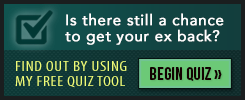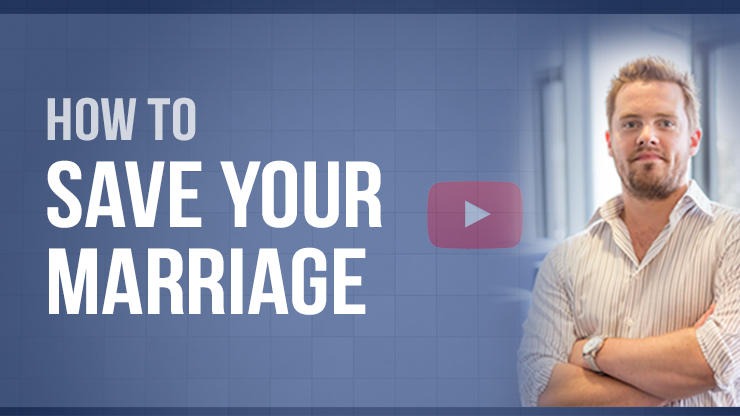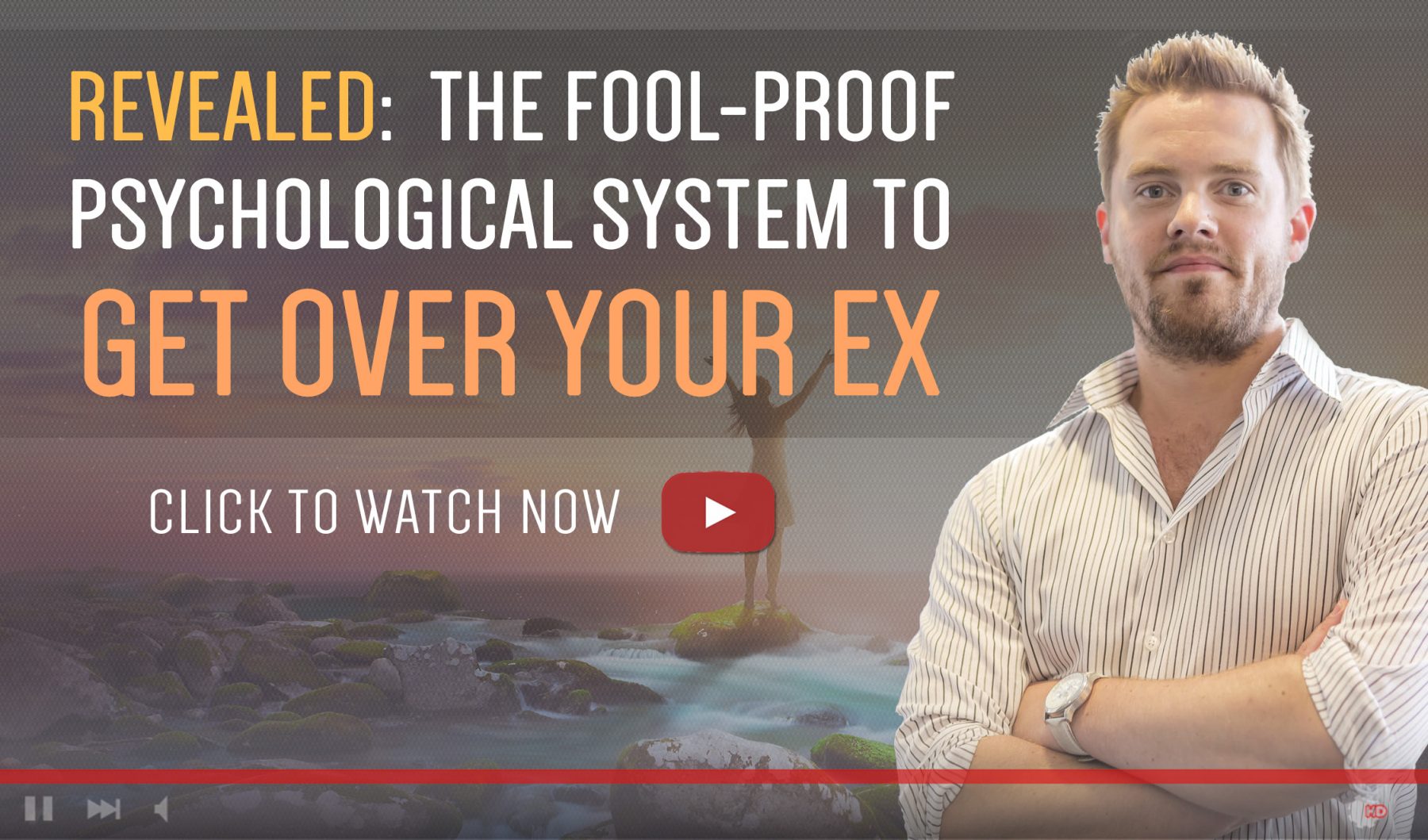Every relationship has its ups and downs.
But what if your relationship is on-again, off-again?
Why do some relationships work this way and what does it mean for your future together?
There are many different types of relationship in the world from casual to deadly serious.
Somewhere along the spectrum lies the mysterious “on-and-off” relationship, one of the most difficult of all to negotiate. It’s important to know the rules of the road as you try to drive along it, sometimes together and other times separately.
What are the most important things to learn if you’re in such a relationship?
The first and by far most important lesson to learn is this…your relationship is still valid even if it’s inconsistent.
This also applies if you’re in a seemingly committed relationship, but one or both of you keeps breaking up with the other at the first sign of trouble or during fights/arguments.
I’m sure you know what I’m talking about. The couples who are forever breaking up but somehow always keep getting back together the following day, week, or month.
Just remember that the relationship is still important and you need to treat each other with respect and kindness just like you would with any romantic partner.
You must have clear boundaries
You need to have clear expectations and boundaries, both in your own mind and with your on-and-off partner. Otherwise you’ll hurt your partner and get hurt yourself.
Take some time to get things straight in your head–what are you hoping to get out of this relationship? Can your partner get romantically and sexually involved with someone else for a while, and then come back knocking on your door?
Does your partner need to tell you about their other sexual experiences? Do you both need to practice safe sex and be regularly tested for diseases?
These are conversations that you need to have if you’re going to be safe and happy.
Where’s the ‘off’ switch?
Both of you need to know quite clearly when the relationship is ‘on’ and when it’s ‘off.’ Confusion can lead to anger, resentment, heartbreak, and an end to the relationship altogether.
Who gets to decide when you’re together and when you are not? Do you both decide together, or do you change your status on your own whenever you feel the urge?
Sudden changes from ‘on’ to ‘off’ can really upset your partner, especially if you just happen to meet an attractive, interesting person and decide your relationship is suddenly off, without letting your partner know.
Be incredibly considerate
Always try to judge your own decisions and behavior around your relationship by the Golden Rule–treat your partner the way you would like to be treated. Just because it isn’t traditional, doesn’t mean this can’t be a healthy, mature relationship.
Don’t let them “figure out” the relationship is off again when you suddenly just don’t show up for a date, or when you unfriend them and block their texts. Think about how you’d want to be informed – considerately, politely, and as gently as possible.
This sort of consideration is vital in any kind of relationship, so it’s good practice for a more serious one you may have in the future.
Communication is key
How are you feeling about the relationship? Have your feelings about it changed over time? Do you know how your partner feels about the relationship? And have their feelings changed, too?
Check in regularly about your situation. Be honest with yourself and with your partner about how you feel – if you’re unhappy, jealous or insecure, make sure you tell them.
Each of you should know the emotional cost of this on-and-off relationship. Don’t hide your hurt from the other person, because this covers up the truth of your situation.
In order for you and your partner to make good decisions about whether to remain in this relationship, you need all the facts. Try hard to communicate with words, actions. It’s essential that you have intimate conversations to establish exactly how this relationship works.
Is this permanent?
Decide first for yourself. How long are you willing to be in this kind of relationship dynamic? Take some time with yourself. Scribble down your feelings and ideas on paper every now and then, or write in your diary.
Pay attention to your own moods and your dreams for the future. Decide, too, on what conditions are unacceptable for you and will lead to you bettering this kind of relationship.
You don’t need to tell anyone else this information. Just be very clear in your own mind what kinds of behaviour – lack of clear communication, unsafe sex, emotional or physical abuse – are deal breakers for you.
If you tell your partner, that can become an ultimatum, which leads to conflict because it seems like you’re trying too hard to control and even bully your partner.
Where are we going?
Every relationship is going somewhere. It’s important for you to figure out, singly and as an on-and-off couple, where you’re going. Is your relationship primarily a (insert whatever comes to mind) outlet for you?
If so, do you hope it develops over time into a more emotionally and romantically satisfying connection? Or are you afraid of that kind of development? Don’t fool yourself – relationships that start out as mainly sexual, for example, can and often do change into deeper emotional relationships. But be sure you’re both on the same page.
What if the subject of marriage is up for discussion? Is your partner open to that possibility? Are you? Or do you plan to break off the relationship if that happens? Make sure you think – and talk – about these things. When one partner’s emotions change and the other’s remain where they were, it is easy to get hurt.
If you are hoping that this on-and-off relationship will grow into a deeper, committed one someday, make sure your partner knows that. And if your partner isn’t open to that possibility, then you have some thinking to do. Don’t let “someday” always recede into the distant future without ever getting closer.
None of these subjects is very easy to discuss with your partner. They’re very grown up subjects. But if you’re in this kind of relationship, it pays to be grown up about it.
Hire me as your relationship coach so I can help assess the situation without bias and teach you ways on how you can change or improve the situation. Perhaps one or both of you just needs a little nudge to the right direction before you can see the change you want to see.







